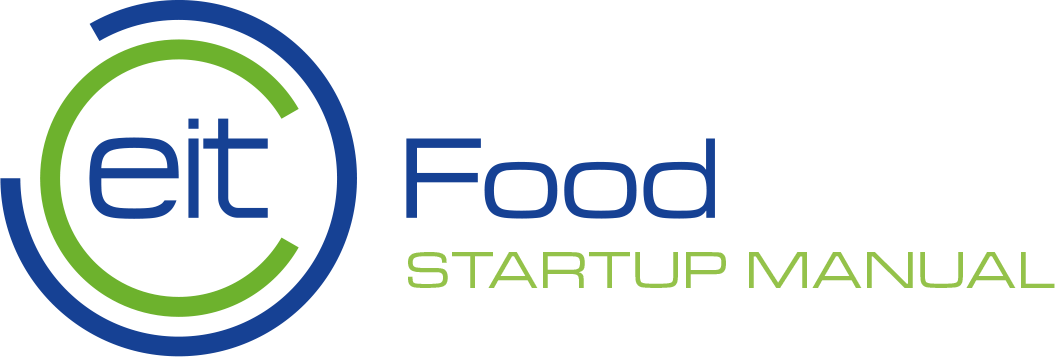Module 5 - Funding & investment
6. Financial jargon lexicon
There are lots of financial terms that get thrown around in business discussions, and if you’ve not been involved in raising investment or started a business before, it may be that you’re finding yourself a bit lost. Here are some concepts you should be familiar with:
- Business valuation: the process of determining the economic value of a business or company. This can be used to determine the fair value of a business for a variety of reasons, including sale value, establishing partner ownership or for raising investment (investopedia.com). The latter is probably the most relevant for you at this stage as you’ll need to figure out a business valuation when raising investment. Investopedia provides a few different ways of coming up with your valuation, it’s worth remembering it is not an exact science and is very subjective.
- Pre-money vs post-money valuation: this refers to valuing your business before (pre) or after (post) investment. The value of your business goes up after you have raised funding.
- Cap table: or capitalisation table shows ownerships stakes of your business. If you are two co-founders who haven’t raised investment and have split ownership, the table just shows the two of you with a 50- 50 split. As you take on investment, this changes. The cap table simply shows the different percentage ownerships of different shareholders.
- Term sheet: it’s the initial document drafted and agreed upon between two parties before completing investment. For example, if you’re taking on equity investment, the lead investor (the one who is putting most money in) may suggest certain terms and conditions which other investors have to follow.
Term sheets then provide the basis for drafting more legal documents. - Shareholder agreement: A shareholders’ agreement is an arrangement among a company’s shareholders that describes how the company should be operated and outlines shareholders’ rights and obligations. The agreement also includes information on the management of the company and privileges and protection of shareholders. (investopedia.com)
- Articles of association: a document that specifies the regulations for a company’s operations and defines the company’s purpose. The document lays out how tasks are to be accomplished withinthe organization, including the process for appointing directors and handling of financial records. (investopedia.com) Both the shareholders’ agreement and the articles of association tend to be drafted by lawyers. They may seem a bit tricky and inaccessible but do spend time trying to get to grips with them as they are important in setting how your business operates and will operate in the future
Investopedia is a great resource if you’re ever searching for investment/financial related information.

